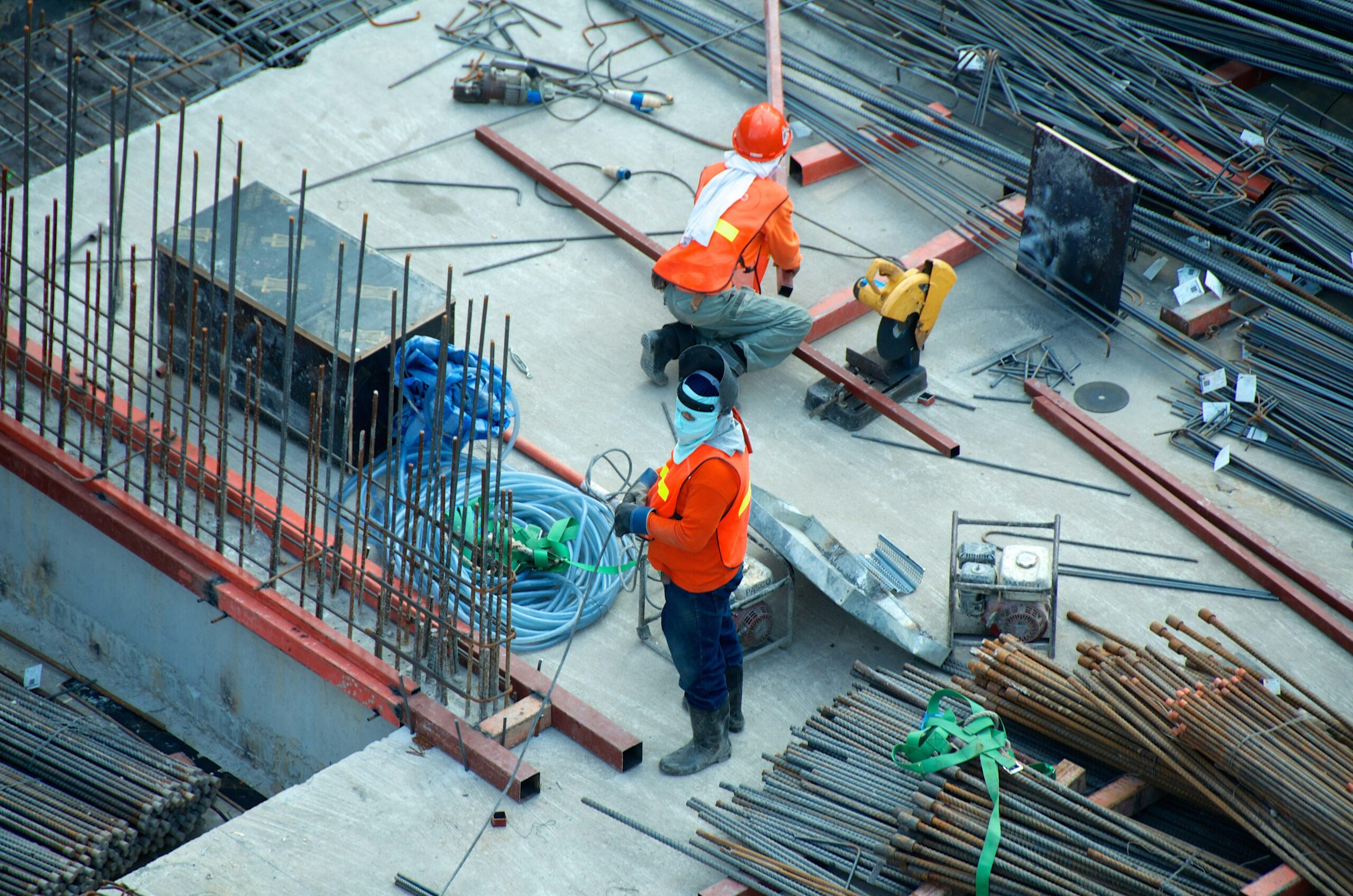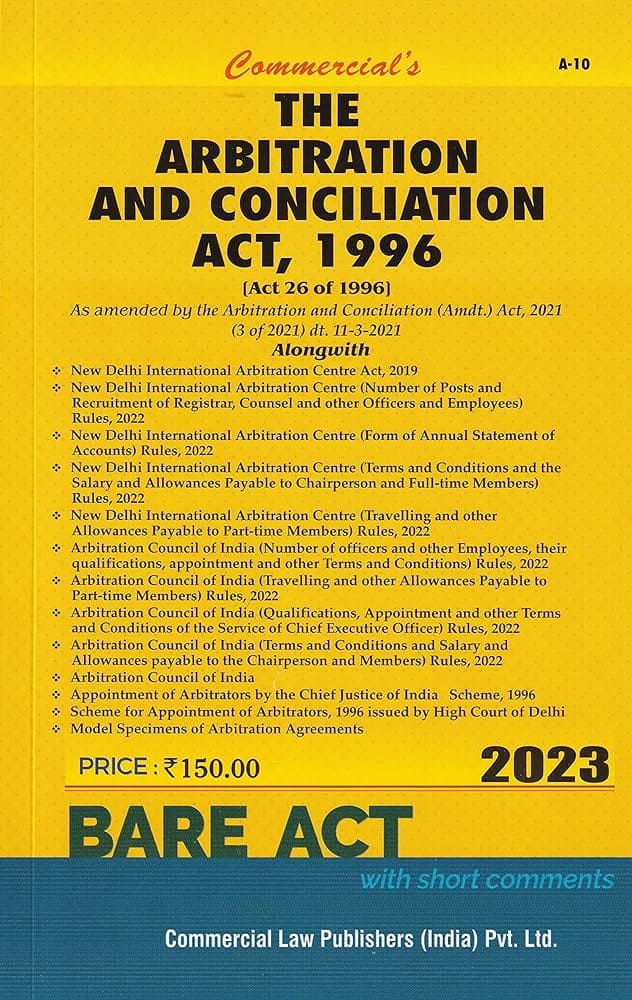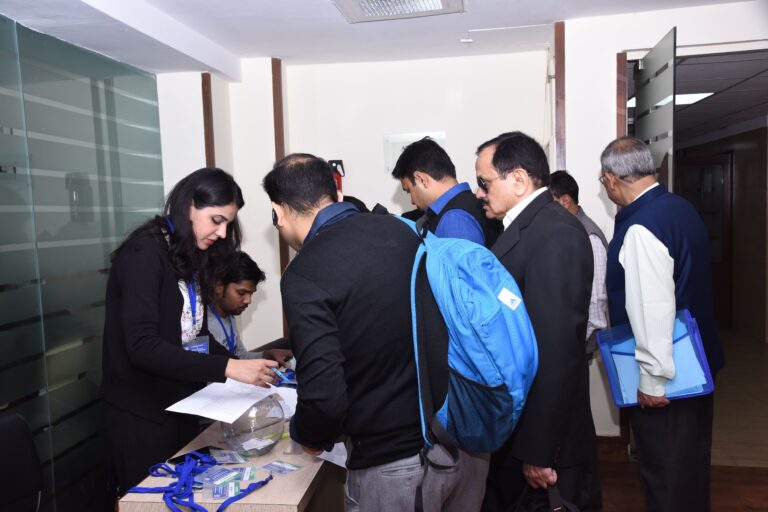Articles


Effective Arbitration Management in the Construction Sector
Posted on 9 Feb 2024
In the dynamic realm of construction projects, disputes are an unfortunate reality. However, with the right approach to dispute resolution, these conflicts can be efficiently managed, allowing projects to proceed smoothly. This article provides an overview of comprehensive construction dispute resolution services, including litigation, arbitration, mediation, and testifying experts, as well as the role of international construction experts in resolving disputes.
- Construction Dispute Avoidance and Resolution Services: Construction dispute avoidance begins with proactive measures implemented during project planning and contract negotiation stages. Clear and comprehensive contract documents, effective communication channels, and proactive project management strategies can help mitigate potential conflicts. However, despite preventive measures, disputes may still arise. Therefore, having access to robust dispute resolution services is essential for swift and fair resolution.
- Litigation Services: Litigation involves resolving disputes through the court system. In the construction context, litigation typically occurs when parties are unable to resolve their differences through negotiation or alternative dispute resolution methods. Litigation proceedings can be lengthy, costly, and adversarial, often resulting in strained relationships between parties. However, in certain situations where legal action is unavoidable, skilled litigation services can provide effective representation and advocacy to protect the interests of construction stakeholders.
- Arbitration and Mediation Services: Arbitration and mediation are forms of alternative dispute resolution (ADR) that offer parties a more flexible and collaborative approach to resolving conflicts compared to litigation. In arbitration, a neutral third party, known as an arbitrator, hears arguments and evidence from both sides and renders a binding decision. Arbitration proceedings are often less formal and more expeditious than litigation, making it a preferred option for many construction disputes. On the other hand, mediation involves a neutral mediator who facilitates negotiations between parties to reach a mutually acceptable settlement. Mediation is non-binding, allowing parties to retain control over the outcome of the dispute while preserving relationships and project timelines.
- Testifying Experts Services: In complex construction disputes involving technical issues, the expertise of testifying experts can be invaluable in providing impartial analysis and testimony. Testifying experts, such as architects, engineers, quantity surveyors, and forensic specialists, offer specialized knowledge and insights to assist parties and tribunals in understanding the technical aspects of construction disputes. Their objective opinions and expert testimony can significantly influence the outcome of arbitration or litigation proceedings.
- International Construction Experts Services: With the globalization of construction projects, disputes involving international parties and cross-border contracts are becoming increasingly common. International construction experts bring a deep understanding of the unique challenges and complexities inherent in cross-border construction projects. Their familiarity with international construction standards, regulations, and cultural nuances enables them to provide tailored dispute resolution services that account for jurisdictional differences and international best practices.
In conclusion, comprehensive construction dispute resolution services encompass a range of options, including litigation, arbitration, mediation, testifying experts, and international expertise. By leveraging these services strategically, construction stakeholders can effectively manage disputes, minimize disruptions, and safeguard project success. Whether through collaborative negotiation or formal adjudication, the goal remains the same: to achieve fair and equitable resolutions that preserve relationships and uphold the integrity of construction projects.









